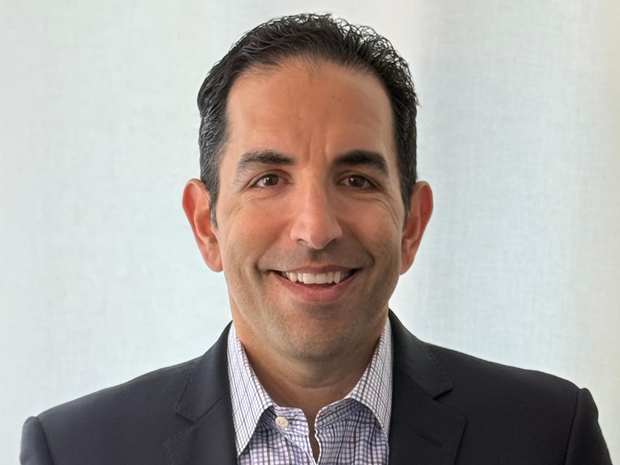Executive summary
On July 23, 2025, the IRS announced several changes aimed at speeding up the Large Business and International (LB&I) examination process.
On July 23, 2025, the IRS announced several changes aimed at speeding up the Large Business and International (LB&I) examination process.
On July 23, 2025, the IRS announced several changes aimed at speeding up the Large Business and International (LB&I) examination process. It plans to discontinue the Acknowledgement of Facts Information Document Request (AOF IDR) process by 2026 for Large Business and International examinations. In the lead up, the IRS will allow taxpayers currently under examination and those with new exams to decide whether to use the process or not. The IRS explained it was making this change in recognition of feedback from taxpayers that the AOF IDR process was adding needless time to examinations. This is a welcome change for taxpayers engaged in LB&I examinations as the AOF IDR process was time consuming and resource intensive.
RSM US’ Tax Controversy professionals are skilled in evaluating the circumstances of each examination and are equipped to advise taxpayers in examination whether to opt into the AOF IDR process. Depending on the issues present in the case, the process may be beneficial or disadvantageous.
In addition to ending the AOF IDR process, the IRS also announced edits to the Internal Revenue Manual to make it clear that Accelerated Issue Resolution (AIR) is available to all Large Corporate Compliance (LCC) cases. While this is a great avenue for some taxpayers, it may not always be the best option depending on the particular circumstances. There are factual, legal, and cost considerations in deciding whether to use this option.
One thing for taxpayers to consider under the advice of a skilled tax controversy professional is that the application of Federal Rule of Evidence (FRE) 408 to the Fast Track Appeals process. Federal Rule of Evidence 408 prohibits the introduction of evidence concerning settlement discussions in a court proceeding. If a taxpayer intends to dispute a tax deficiency all the way through litigation, it may be important to consider what is shared during the Fast Track Appeals process since the FRE 408 does not apply to statements made to the IRS during the Examination process. The professionals in RSM’s Tax Controversy practice are highly experienced with both Fast Track Appeals procedures and evidentiary issues under FRE 408 and can assist clients navigating these complicated issues.




Timely updates and analysis of changing federal, state and international tax policy and regulation.
Stay updated on tax planning and regulatory topics that affect you and your business.
Experienced tax professionals track regulations, policies and legislation to help translate changes.